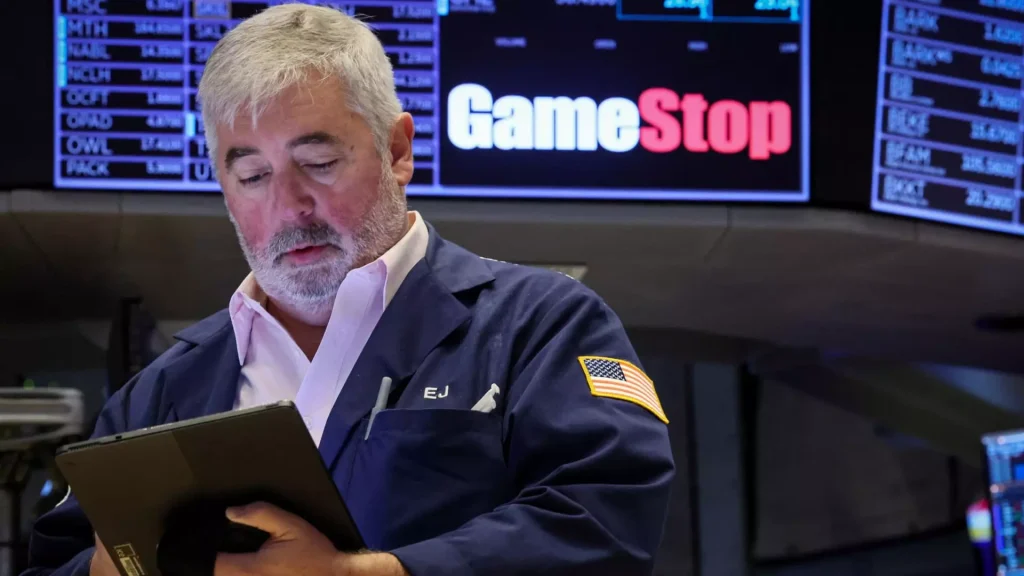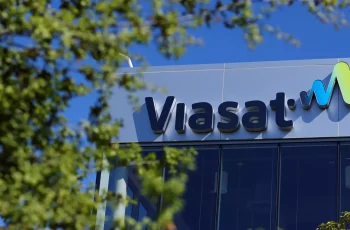GameStop, a once-celebrated darling of retail investors, has recently made headlines again—not with a rally, but with a notable dip. After enthusiastically announcing its intention to raise $1.3 billion through the sale of convertible senior notes to invest in Bitcoin, the company saw its share price plummet by more than 15%. This sharp decline came just a day after an almost 12% surge, illustrating the volatile nature of market sentiment surrounding the meme stock phenomenon.

The rationale behind GameStop’s foray into Bitcoin appears to be an attempt to mirror the high-risk, high-reward strategy that propelled MicroStrategy into the limelight. While this approach has worked for some, the current market conditions and GameStop’s valuation raise significant red flags. Investors are now questioning whether embracing cryptocurrency is the right move for a company that has already seen its stock priced at unattainable levels.
A Misguided Leap into Cryptocurrency
The GameStop board’s unanimous decision to delve into the cryptocurrency market is puzzling to say the least. Under this new strategy, the issuance of convertible debt will lead to the creation of an additional 46 million shares, which doesn’t exactly inspire confidence. With a valuation that currently stands at $12.7 billion—more than double its cash balance post-convertible issuance—concerns about overvaluation loom large.
Wedbush analyst Michael Pachter aptly pointed out that GameStop’s move diverges from the successful model established by MicroStrategy. Unlike MicroStrategy, which trades at a fraction of the value of its Bitcoin holdings, GameStop is tethered to a valuation that could be seen as inflated, especially given the current skepticism surrounding meme stocks. By plunging into Bitcoin at this juncture, GameStop risks diluting its brand even further.
Investor Skepticism and Future Prospects
Investor confidence is waning, and for good reason. Pachter’s predictive insights suggest that GameStop’s share price will likely continue to drift downward in the run-up to the issuance of the convertible debt. After all, potential investors in this new round will be left with a “zero coupon,” necessitating a leap of faith that the GameStop meme phenomenon can sustain itself for another five years. This level of uncertainty introduces a considerable risk that seems unjustifiable given the stock’s already bloated value.
The cultural narrative surrounding GameStop—a blend of retail rebellion against Wall Street and meme-fueled enthusiasm—has its charm, but sentiment does not always translate into sound financial decision-making. As the company navigates this new chapter, the inherent volatility of both meme stocks and cryptocurrencies casts a long shadow. GameStop may find itself in the precarious position of trying to maintain its fervent following while wrestling with the realities of a market that is often driven more by hype than by fundamentals.

Rather than inspiring confidence, GameStop’s latest move into Bitcoin could ultimately serve as a cautionary tale about the dangers of chasing trends without a solid footing. The name of the game should be prudent investment, not a reckless leap into unknown waters.

